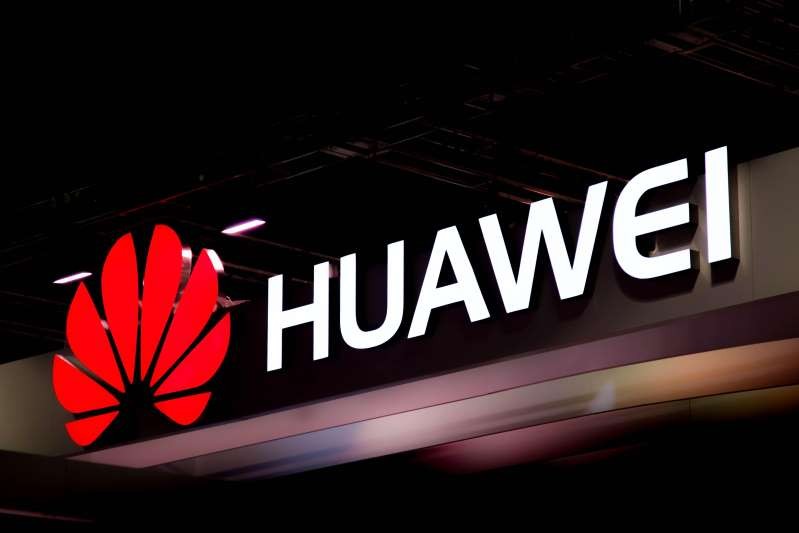Today, the Federal Communications Commission (FCC) has officially deemed Huawei and ZTE as national security threats. With this, the U.S. providers are barred from using federal subsidies to buy equipment or services from these two telecom suppliers.

In November last year, in an unanimous vote, FCC had approved ban on using money from the $8.3 billion Universal Service Fund for services or equipment from telecom companies that were deemed a national security threat.
The companies that were deemed national security risk were granted a period of time to try to make the case that they are not a threat. With this new announcement from the FCC, both ZTE and Huawei have been designated as national security risk.
The agency is citing both of them as risk because of the ties to the Chinese Communist Party and the Chinese law that could force them to cooperate with Beijing’s espionage efforts. The move could make it more difficult for smaller companies to continue provide affordable services.
This is being seen as a latest step by the FCC is an escalating fight between the U.S. and China. The Trump administration has been on a mission to edge out Huawei and ZTE worldwide from the next-generation telecom networks.
